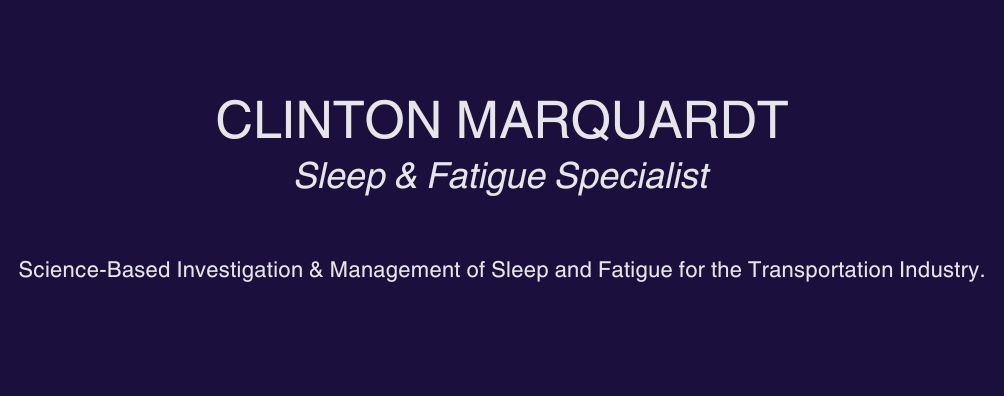 Do you ever feel exhausted after a long day of work and wonder how you are going to stay awake until bedtime? For years we have been saying that higher workloads do not increase the risk of sleepiness (A.K.A. Sleep-Related Fatigue)[1]. They do increase mental fatigue, just like constant physical activity increases physical fatigue. But just because you have used your brain all day or have been moving around for hours, it doesn’t mean you are going to fall asleep any more quickly than someone who has not….or so we thought.
Do you ever feel exhausted after a long day of work and wonder how you are going to stay awake until bedtime? For years we have been saying that higher workloads do not increase the risk of sleepiness (A.K.A. Sleep-Related Fatigue)[1]. They do increase mental fatigue, just like constant physical activity increases physical fatigue. But just because you have used your brain all day or have been moving around for hours, it doesn’t mean you are going to fall asleep any more quickly than someone who has not….or so we thought.
A recent study suggests that there might be a link between workload and sleep-related fatigue. Researchers found that pilots who complete multiple take-offs and landings performed worse on a specific non-flying task and rated their fatigue higher than pilots who completed only one take-off and landing in the same time frame[2]. Take-offs and landings are, arguably, high workload periods. This means that experiencing more frequent periods of higher workload has the potential to increase sleep-related fatigue and decrease performance. But they do not guarantee these outcomes. The increase in fatigue documented in the study was modest at best and recorded through subjective estimates which are not always accurate. Plus, the modest performance decreases were only seen on a very specific task called a Psychomotor Vigilance Test (PVT). Pilots’ flying skills were not affected by the increased fatigue due to the multiple take-offs and landings. To the contrary, pilots experiencing the more frequent periods of higher workloads associated with the multiple take-offs and landings performed their flying tasks better than pilots who completed only one take-off and landing!
For the time being, we don’t have to totally rethink the relationship between workload and fatigue. But from a Fatigue Risk Management Systems approach and continuous improvement perspective, we should be keeping an eye on this line of research. It could be that, although the increase in subjective fatigue and decrease in performance due to workload doesn’t reduce our ability to perform our jobs, it might have an effect on other aspects of our lives…like our ability to drive home safely after work.
Footnotes
[1] For a discussion of different types of fatigue see: https://sleepanddreams.com/?p=1782
[2] Honn, K., Satterfield, B., McCauley, P., Caldwell, J., & Van Dongen, H. (2016). Fatiguing effects of multiple take-offs and landings in regional airline operations. Accident Analysis and Prevention, 86, 199-208.


